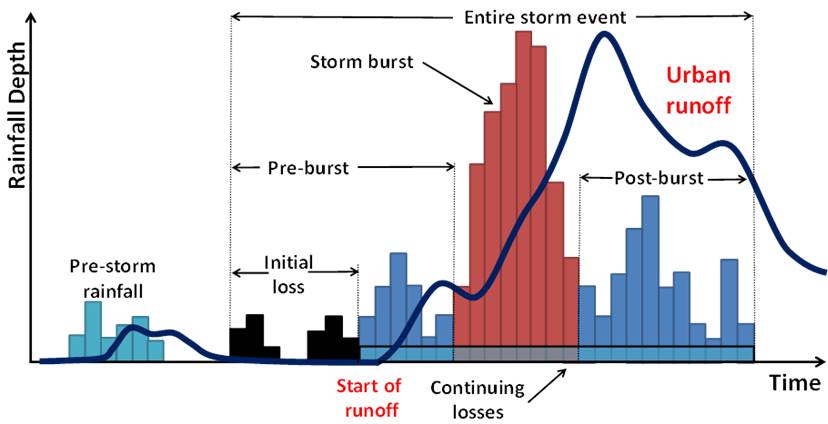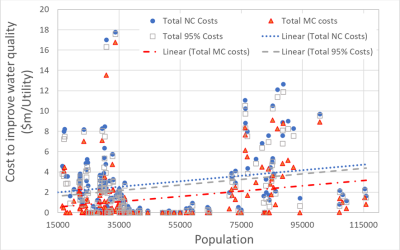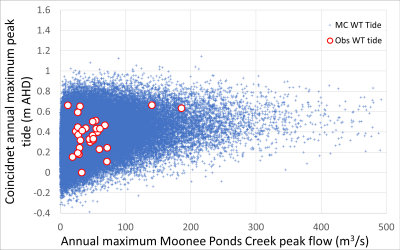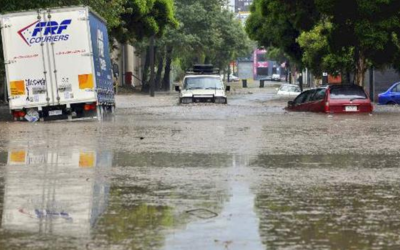Insights from editing the Urban Book of the revised Australian Rainfall and Runoff and application of case studies
Peter J Coombes, Steve Rosso, Mark Babister
Presentation at the Stormwater NSW Conference at 4:05 pm on 7 September 2017 at Newcastle Convention Centre
Australian cities and associated stormwater management is subject to ongoing evolution and change. There has been paradigm change in the practice and science of stormwater management since the last version of Australian Rainfall and Runoff in 1987. Professional practice has evolved from the age of slide rule and hand calculations into and beyond the computer era. Similarly, thinking about stormwater has evolved from singular focus on drainage infrastructure and managing large floods to managing regimes of responses within the water cycle across entire linked urban systems.
The new version of Australian Rainfall and Runoff combines 30 years of additional data with evolving science and professional capability to accommodate changes in professional and community aspirations. Some stormwater professionals may be frustrated with perceived small changes in the industry and others may be comfortable with little change. However, the magnitude of the changes in professional practice, science and available data is unexpected and profound. Moreover, there are substantial challenges faced by stormwater professionals from increasingly variable climate, evolving urban form and multi-layered governance systems. The revised Australian Rainfall and Runoff aims to support professionals from multiple disciplines to respond to a new world of challenges.
This paper provides some insights from the process of editing the Urban Book and explains some of the philosophies underpinning the drafting. These insights include understanding of the magnitude of challenges faced by modern urban designers – changing urban form, increasingly variable climate, different multi-level governance systems and transition of the economics and politics of society. There are substantial gaps in data, science and endeavour – some areas have substantial new data, knowledge and community of practice that did not exist in 1987 (such as water quality, volume management and source control) whereas other and additional contribution to other areas of stormwater management (such as drainage) has declined. In some respects, the stormwater industry has expanding into a range of special interest groups around divergent ideas and institutions – source control, water quality, WSUD, harvesting, flooding and governance – there is a need for integration of these ideas into a modern stormwater management framework.
The processes of developing these insights are informed by a range of case studies where the author and colleagues utilised the latest information from the ARR2016 Urban Book. This experience has shaped ideas about implementing the new approaches and expectations of the evolution of urban stormwater management into the future. The reality is that ARR2016 is owned by the industry and implementation of the revised guidelines will be shaped by industry debate and experience. This paper provides some insights about these things.






